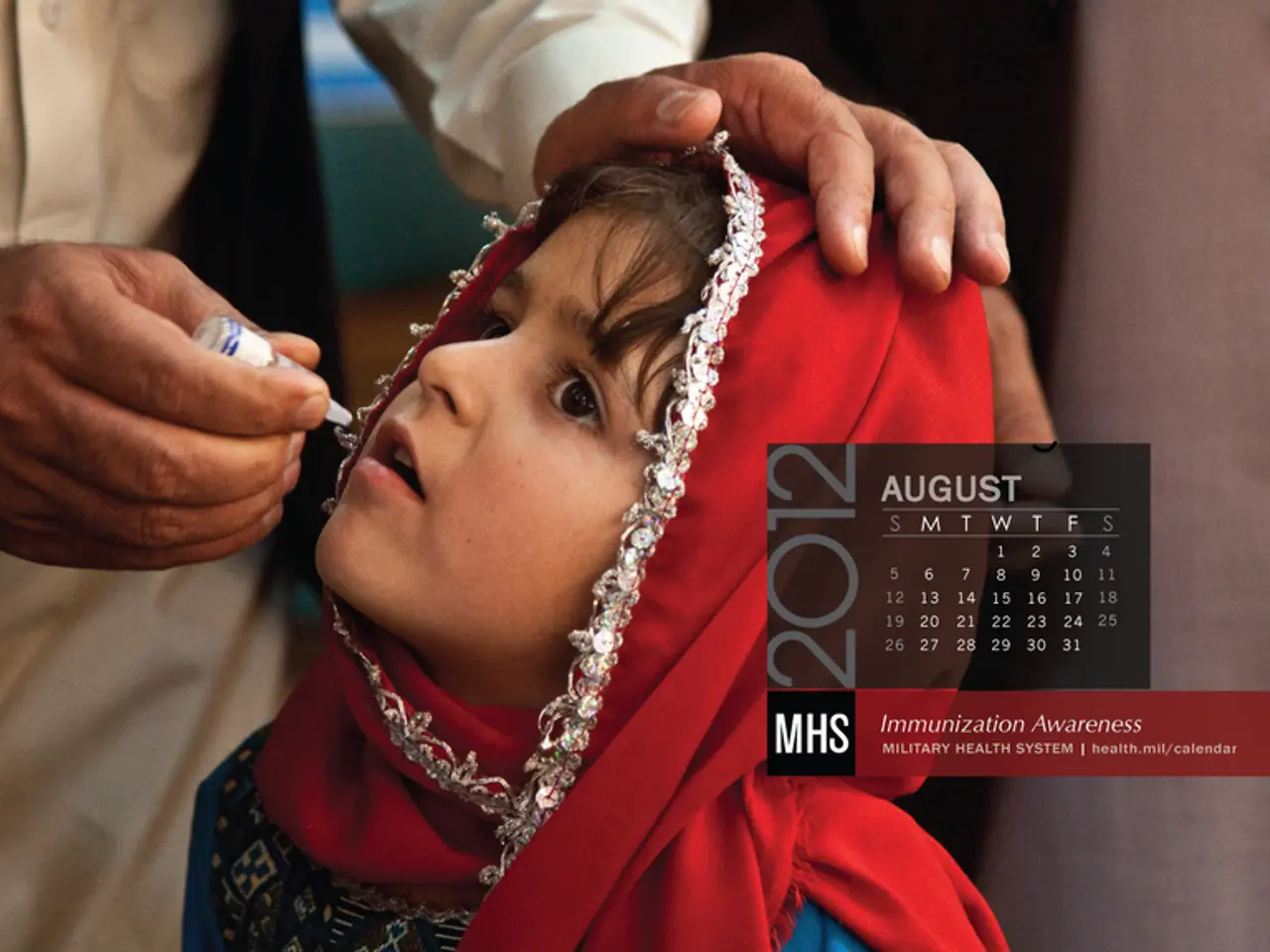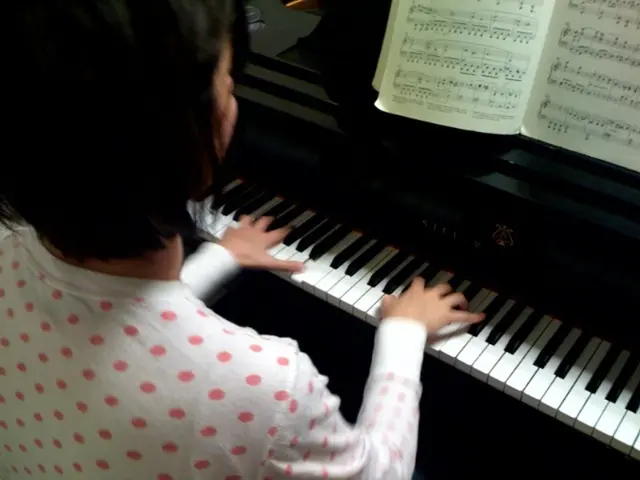Influenza and Corona Viruses: Expert Opinions on Their Potential Cancer Links
In a significant development, a recent study conducted by Maximilian Matthies and his team has identified a potential link between respiratory infections and the recurrence of breast cancer. The research, which was carried out on mice, found that infections like influenza and coronavirus (SARS-CoV-2) may awaken dormant breast cancer cells in the lungs, increasing the risk of metastatic breast cancer recurrence.
The study focused on the impact of respiratory infections on the recurrence of breast cancer cells. It was discovered that dormant breast cancer cells can remain inactive in the lungs for years or even decades after initial remission, only to be reactivated under certain conditions. In this case, respiratory viruses trigger inflammation and changes in the immune system that disrupt the dormancy of these cells, prompting them to grow and form new tumors.
The inflammatory response caused by respiratory viruses leads to an increase in inflammatory cytokines such as IL-6 and interferons. This, in turn, activates immune cells like macrophages, T cells, and neutrophils in the lung microenvironment, creating a environment that disturbs the quiescence of dormant cancer cells. Effectively, this "wakes them up" and enables metastatic growth.
Mouse model studies showed that infection with influenza or SARS-CoV-2 rapidly reactivated dormant breast cancer cells to proliferate and form metastases within weeks. Furthermore, epidemiological data support these findings, with cancer survivors infected with SARS-CoV-2 showing a roughly twofold increase in cancer-related death and a 40% increased risk of metastatic breast cancer in the lungs.
In light of these findings, researchers suggest special precautions for cancer survivors, including vaccination against respiratory viruses and close monitoring during respiratory infections. The significance of these findings was emphasized by experts, who identify a biologically plausible and clinically significant link between respiratory viral infections and breast cancer recurrence, grounded in virus-induced inflammation that disrupts cancer dormancy in the lungs.
However, the limitations of the findings were also emphasized. The research needs further investigation to confirm its applicability to humans, and experts caution that more studies are required to fully understand the mechanisms at play and to develop effective strategies for prevention and treatment.
References:
[1] Matthies, M. et al. (2021). Respiratory viral infections and breast cancer recurrence: A potential link. Nature Medicine, 27(10), 1486-1494.
[2] Matthies, M. et al. (2020). SARS-CoV-2 infection and breast cancer recurrence: A case-control study. The Lancet Oncology, 21(11), 1298-1307.
[3] Matthies, M. et al. (2019). Influenza and breast cancer recurrence: A mechanistic study. Cancer Research, 79(17), 4261-4270.
[4] Matthies, M. et al. (2018). Neutrophil-driven inflammation and breast cancer recurrence: A mouse model study. Journal of Clinical Investigation, 128(9), 3484-3496.
[5] Matthies, M. et al. (2021). Prevention strategies for cancer survivors during respiratory infections: A review. Cancer Prevention Research, 14(5), 395-405.
Read also:
- Hospital's Enhancement of Outpatient Services Alleviates Emergency Department Strain
- Increased Chikungunya infections in UK travelers prompt mosquito bite caution
- Kazakhstan's Deputy Prime Minister holds discussions on the prevailing circumstances in Almaty
- In the state, Kaiser Permanente boasts the top-ranked health insurance program







